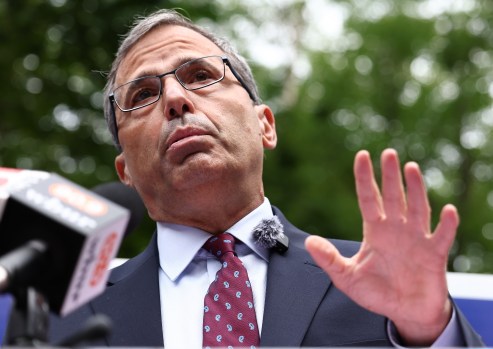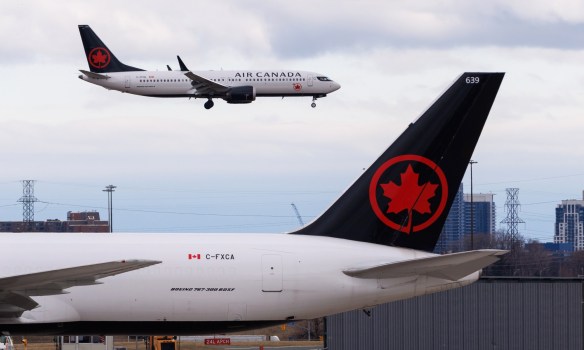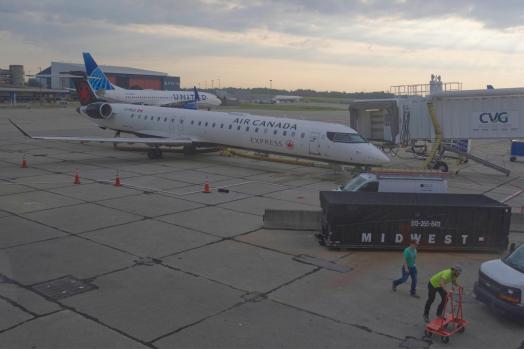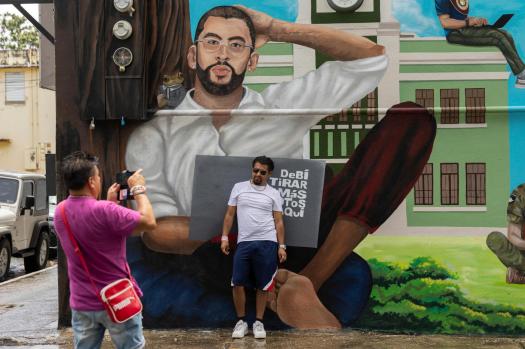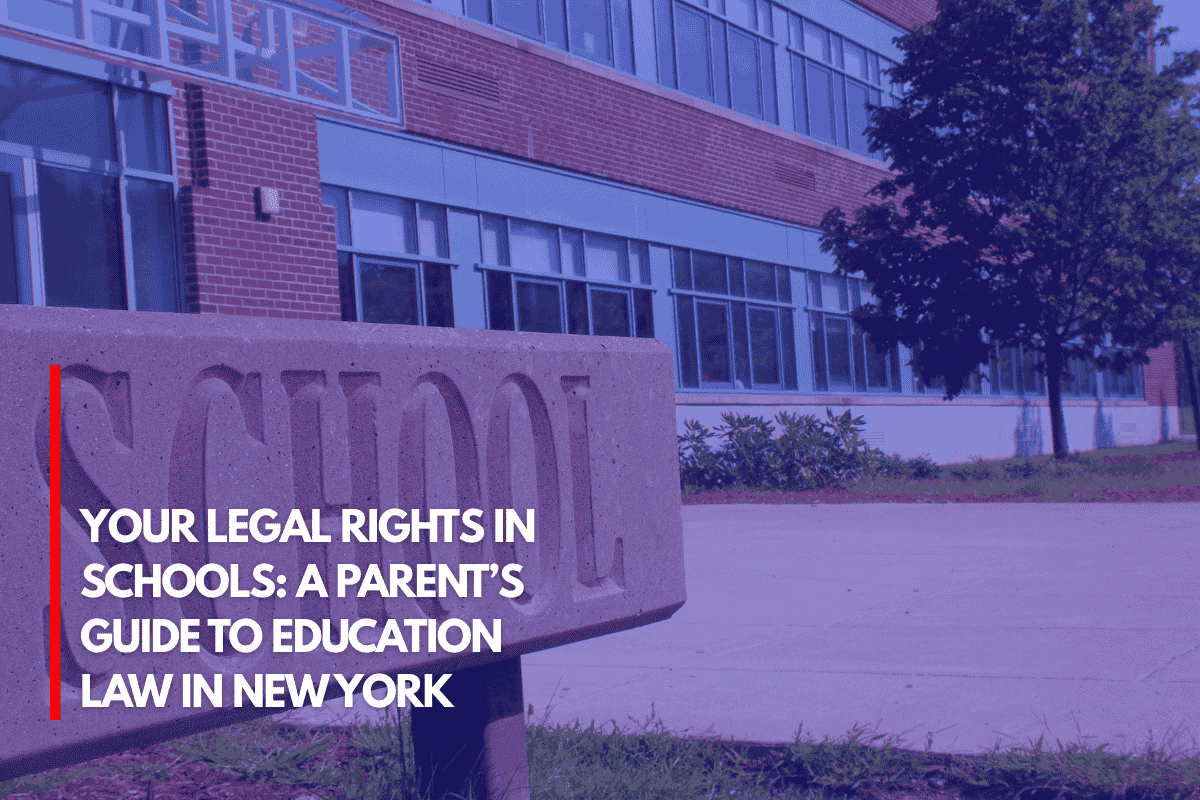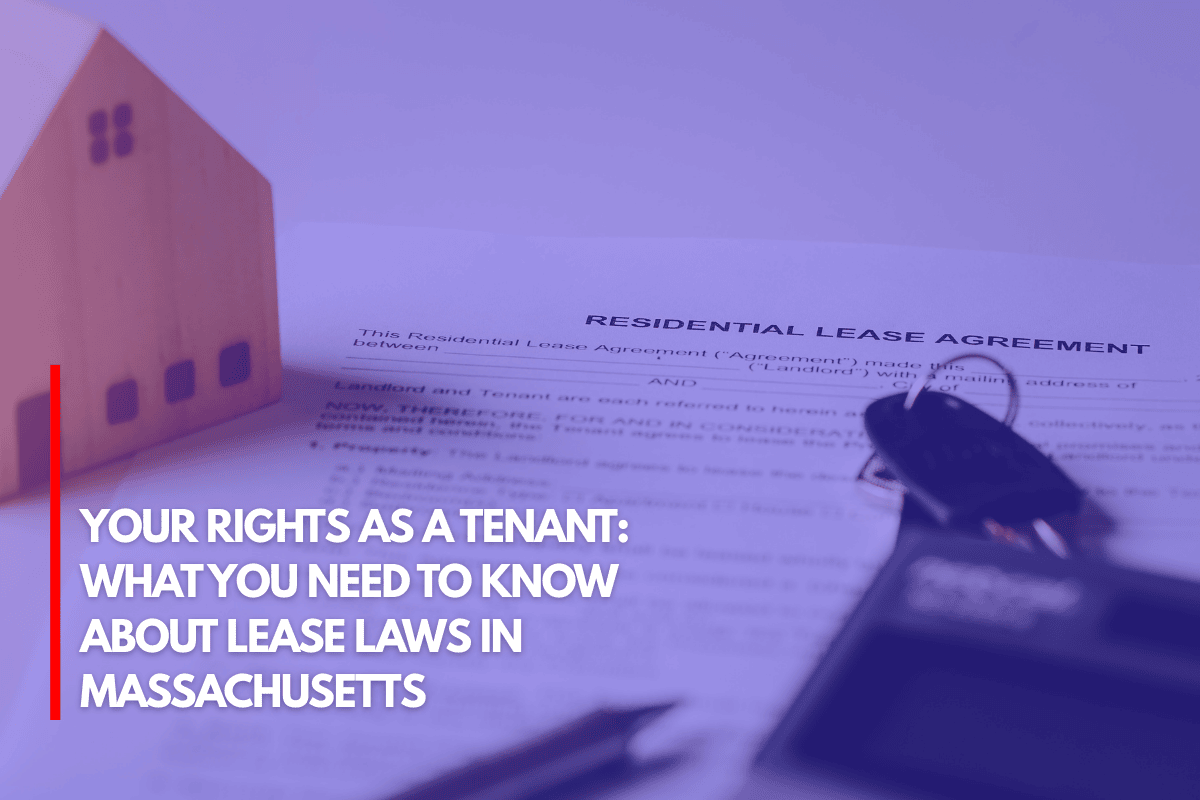Mayor Michelle Wu has been under fire from Boston mayoral candidate Josh Kraft for the deteriorating conditions in communities affected by Mass and Cass spillover. Kraft claimed that the issue has gotten so bad that even her own staff is acknowledging failure.
Kraft said Tuesday that it was time for the mayor to change his mind and implement the plan he proposed two months ago to address the situation, citing Boston Public Health Commissioner Bisola Ojikutu’s admission last week that the city’s plan to address the open-air drug market at the so-called Methadone Mile area had failed.
At a press conference held in Worcester Square, Kraft said, “I’m calling on Mayor Wu to listen and act, to listen to a community that is suffering and scared, to the neighbors, experts, and advocates here with us today who know there’s a better path forward, and to her staff by immediately changing course on Mass and Cass because what you’re doing here is not working.”
He continued, “Unfortunately, the only person who appears to be disregarding the facts is a mayor who is constantly attempting to persuade us that we all live in the safest city in America.”
The implementation of Recover Boston, a community-pitched recovery campus; a renewed partnership with the state, which he claims was strained when Wu took office; and tougher enforcement for open-air drug use, dealing, and related crime are all part of his plan, he said. He also claims that the city’s decision to discontinue the community syringe program has led to an increase in improperly discarded needles.
Kraft called Mass and Cass a “two-faced crisis,” citing the human tragedy of homelessness, addiction, and mental health problems that have resulted in widespread public disorder and a city that has lost control over property crime, drug trafficking, and human trafficking.
Residents and business leaders told the Herald on Tuesday that the South End is currently experiencing a particularly severe spillover issue. The mayor’s plan was criticized for allowing drug use and related violence to spread into nearby communities once it started with the removal of tent encampments at Mass and Cass in late 2023.
“You don’t understand how bad it is if you don’t live here,” said Brian McCarter, a 38-year-old resident of the South End. It’s always frightening.
According to McCarter, the issue just gets worse. He stated that he was more concerned with surviving till the election than he was with deciding who he would vote for while he was at Kraft’s event.
Ed Flynn, a city councilor from the South End who attended Kraft’s news conference, stated that the current events in Boston need to be classified as a public health and safety emergency.
The mayor’s handling of this problem has been a glaring failure, which is why we’re in the South End, Kraft stated. Take a look at all the signs that say “for sale” here. Families are afraid to raise children in this neighborhood, despite the fact that we all know that cities flourish when they draw families.
Kraft portrayed a scene in which open drug use is common, addicts are frequently seen unconscious on doorsteps, and locals—including children—are compelled to watch as people sell drugs outside their front doors, inject, leave needles lying around, and use the sidewalk to use the restroom.
He claimed that when residents phone 911 to report these issues, the police brush them off, which exacerbates the situation.
To be clear, Kraft stated that the police are not to fault. With a mayor who thinks that crimes involving drugs, theft, and quality of life should be unpunished, we can never achieve our enforcement goals. I am aware that some people could believe that the mayor’s idea is based on compassion, but keeping individuals trapped in addiction for all time is not humane. It’s genuinely devastating.
Wu immediately retaliated against Kraft. She dismissed her opponent’s critique as proof of his lack of leadership and defended the city’s strategy.
Wu told reporters that her efforts have put an end to tent encampments in Boston and that “we’re sticking with it, and there has been so much done over the past few years.” Although the opioid problem and homelessness have not been resolved, the city is currently in a different position than it was a few years ago.
It is not leadership to continuously disparage our first responders and public health professionals and attack the city, claiming that nothing has happened or that everything has failed. For more than ten years, this has been a persistent problem.
Additionally, her campaign stated, Josh Kraft has a lot of criticism, like with every other issue, but no fresh suggestions, which is not surprising. When your primary message every day is to support Boston, that isn’t leadership.
Wu stated that the Long Island Bridge and addiction recovery campus closure in 2014 is the root cause of this specific issue.
Although the city’s long-term objective is to reopen such facilities in order to address the opioid crisis, the mayor stated that her government is attempting to address a very complex national issue at the local level in the interim. “Overdoses are way down,” she said.
The Newmarket Business Improvement District, the driving force behind Kraft’s plan’s Recover Boston proposal, announced on Tuesday that three strategy teams would be established, with one of their main goals being to assess the feasibility, location, and cost of at least one long-term addiction recovery campus.
Since August 2023, industry and community leaders have proposed Recover Boston as a temporary solution until the bridge can be reconstructed into a permanent 35-acre Long Island rehabilitation facility. According to city officials, a lack of money has been the cause of its lack of growth.
According to Sue Sullivan, executive director of Newmarket, operating such a facility would cost about $8 million a year, which is extremely feasible. She expects a mix of public, local, and private support.
“If you don’t have the money to make something happen, talk is meaningless,” Sullivan told the Herald. And we’ve reached the point where our discussion about it is over. We must bring it to pass.
Related Articles
-
Battenfeld: Wu should detail inspiring relationship with extremist NYC candidate
-
Boston s oldest housing development breaks ground on massive redevelopment
-
Boston fire union backs tax provisions in President Trump s big beautiful bill amid local tensions
-
Boston s Mass and Cass plan a failure, admits top Wu official amid complaints of out-of-control drug use
-
Convicted Boston City Councilor Tania Fernandes Anderson prays to avoid time in jail
Wu stated that this summer, the city will increase police presence and resources in high-crime zones.
The city’s strategy for Mass and Cass changed in February of last year to address drug use among congregants outside.
“We are aware that it attracts drug traffickers, and that is simply not possible in Boston,” Wu stated. It is unacceptable, it is against the law, and it affects everyone. Getting folks into treatment, rehabilitation, and the housing track is our top priority.
We’re not giving up on the issue, and we are aware that some actions have had a significant impact in Boston.
